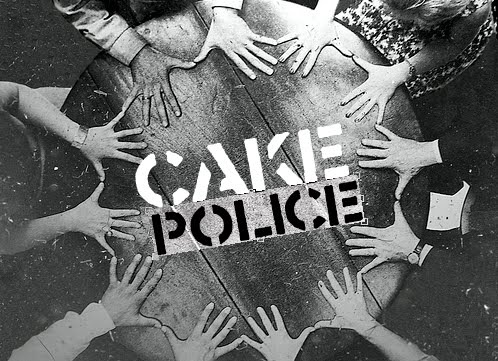
"The intent and effect of such abuse is that it renders those guaranteed freedoms meaningless. If a population becomes bullied or intimidated out of exercising rights offered on paper, those rights effectively cease to exist. Every time the citizenry watches peaceful protesters getting pepper-sprayed — or hears that an Occupy protester suffered brain damage and almost died after being shot in the skull with a rubber bullet — many become increasingly fearful of participating in this citizen movement, and also become fearful in general of exercising their rights in a way that is bothersome or threatening to those in power. That’s a natural response, and it’s exactly what the climate of fear imposed by all abusive police state actions is intended to achieve: to coerce citizens to “decide” on their own to be passive and compliant — to refrain from exercising their rights — out of fear of what will happen if they don’t.
"The genius of this approach is how insidious its effects are: because the rights continue to be offered on paper, the citizenry continues to believe it is free. They believe that they are free to do everything they choose to do, because they have been “persuaded” — through fear and intimidation — to passively accept the status quo. As Rosa Luxemburg so perfectly put it: “Those who do not move, do not notice their chains.” Someone who sits at home and never protests or effectively challenges power factions will not realize that their rights of speech and assembly have been effectively eroded because they never seek to exercise those rights; it’s only when we see steadfast, courageous resistance from the likes of these UC-Davis students is this erosion of rights manifest."
"This is the most important effect of the Occupy movement: acts of defiance, courage and conscience are contagious. Just as the Arab Spring clearly played some significant role in spawning, sustaining and growing the American Occupy movement, so too have the Occupy protesters emboldened one another and their fellow citizens. The protest movement is driving the proliferation of new forms of activism, citizen passion and courage, and — most important of all — a sense of possibility. For the first time in a long time, the use of force and other forms of state intimidation are not achieving their intended outcome of deterring meaningful (i.e., unsanctioned and unwanted) citizen activism, but are, instead, spurring it even more. The state reactions to these protests are both highlighting pervasive abuses of power and generating the antidote: citizen resolve to no longer accept and tolerate it. This is why I hope to see the Occupy movement — even if it adopts specific demands — remain an outsider force rather than reduce itself into garden-variety partisan electioneering: in its current form, it is demanding and re-establishing the indispensable right of dissent, defiance of unjust authority, and sustained protest."
No comments:
Post a Comment